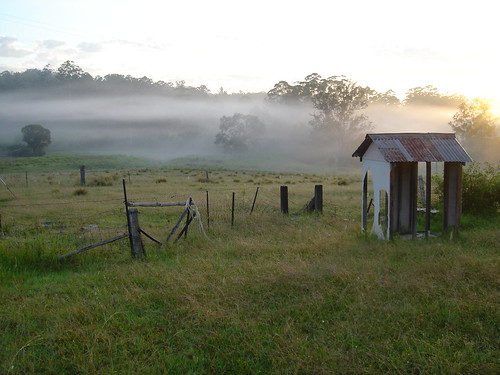Discover
After looking at a number of wiki's, it appears that they can be set up in many different ways. Not unlike blogs and other web pages, depending on the purpose of the site. I went to the SJCPL Subject Guides wiki, Wisconsin Heritage Wiki, the full Library Success: Best Practices Wiki, Book Lovers Wiki at the Princeton Public Library and the Wookieepedia Wiki.
Findings
I was definitely the most impressed with the SJCPL Subject Guides wiki. What an absolutely wonderful tool this is for any library. The ease of which anyone could use this site as a reference finding resource is simply brilliant. Whether this is because of the fact that it is a wiki and the level of contribution has made the difference, I don't know, but it is very impressive. I also noticed that you need to have a log in to edit any of the information. This brings up the question to who would have the rights to do so. My guess, is only a select group of professionals in this case. Other sites also have logins to edit, but in some cases it is a matter of being a financial member and my guess is with others, you would have to prove your interest etc.
The Library Industry
There obviously is a use for wiki's in the library industry, as there are some very worth while sites already available. The main uses so far have been for Subject Guides, Reading Advisory Services, History forums and industry best practice sites.
Reference wiki's such as wikipedia has revolutionised the online encyclopedia and if the recent survey by Stern is a true indication, the information can be quite accurate. Albeit this site employs staff who will freeze a topic if there are non genuine entries reported by readers. What wiki's such as wikipedia means to libraries and the future of reference quieries could be interesting.
Tuesday, March 25, 2008
Monday, March 17, 2008
RSS (Real simple syndication)
Setup
Once I set up my account with Bloglines and included a few RSS feeds, I could see how this services would be useful in sorting out the information you choose to read. The trick in the first instance is where to look for the feeds you want and how to go about finding them. I found the
Google blog search tool quite useful. Initially the process can be time consuming, but in the long run, your information needs are met more quickly.
Useful
Where I see this program being of the most use is where information is only updated periodically. You can have the feeds set up and be sure you will get the notification of the updates when they happen.
Time saver or time waster
For straight out news feeds, what is the difference with having a blog in your favorites, or having it in your RSS tool. For people that are at their computer all day, this maybe of benefit, but surely it would be a bigger waste of time having to stop what your doing every five seconds to go and see what the new news feed is. For the best time management, surely it would be better to check out your new feeds or news, when you choose, to be the best time.
The argument for RSS feeds is that you are aware of how many new feeds have happened since last time you went to the blog site. You don't have to go in each time new feeds come in, although the temptation would be there. Also if you only have a site in your favourites you may not remember to visit them. Of course some blogs give the option of an e-mail alert.
Library and RSS
In the library industry, RSS feeds can help in providing the most up to date information on libraries and their services and what is happening in the industry.
Tuesday, March 4, 2008
Early morning mist
Another lovely country scene to fit in with my country theme. This one I found by doing a search in flickr, under country scenes NSW. You can almost smell the fresh air.
It has been like going through an extensive art (photo) gallery, exploring flickr this week. There are some very creative people out there.
Subscribe to:
Posts (Atom)
